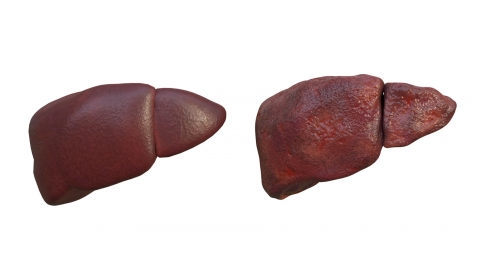Can people with cirrhosis drink milk powder?
In general, patients with liver cirrhosis can consume milk powder, but they should choose an appropriate type based on the stage of their condition and control the amount consumed. Milk powder can serve as a good source of high-quality protein and calcium, supporting nutritional needs, while avoiding risks of increasing liver burden. Detailed analysis is as follows:

From the perspective of disease compatibility, patients in the compensated stage of liver cirrhosis typically have relatively stable liver function and may choose low-fat, high-protein standard formula milk powders. Consuming a moderate amount daily helps provide protein necessary for liver cell repair. However, for those in the decompensated stage—especially those at risk of hepatic encephalopathy—protein intake must be strictly controlled. In such cases, low-protein or protein-free formula milk powders are recommended to prevent ammonia buildup from protein metabolism, which could trigger hepatic encephalopathy. Additionally, if the patient has hyperlipidemia or fatty liver disease, skimmed (fat-free) milk powder should be selected to reduce additional fat-related strain on the liver.
Regarding consumption precautions, the milk powder should not be mixed too concentrated to avoid bloating or indigestion. Patients should also monitor for adverse reactions such as diarrhea or abdominal distension after consumption. If lactose intolerance is present, lactose-free milk powder is a suitable alternative.
It is recommended that patients consult a physician or clinical nutritionist and base their choice of milk powder type and intake amount on liver function indicators such as albumin and blood ammonia levels. This ensures that milk powder is incorporated into a comprehensive nutritional management plan, effectively supplementing nutrients without exacerbating the condition.





